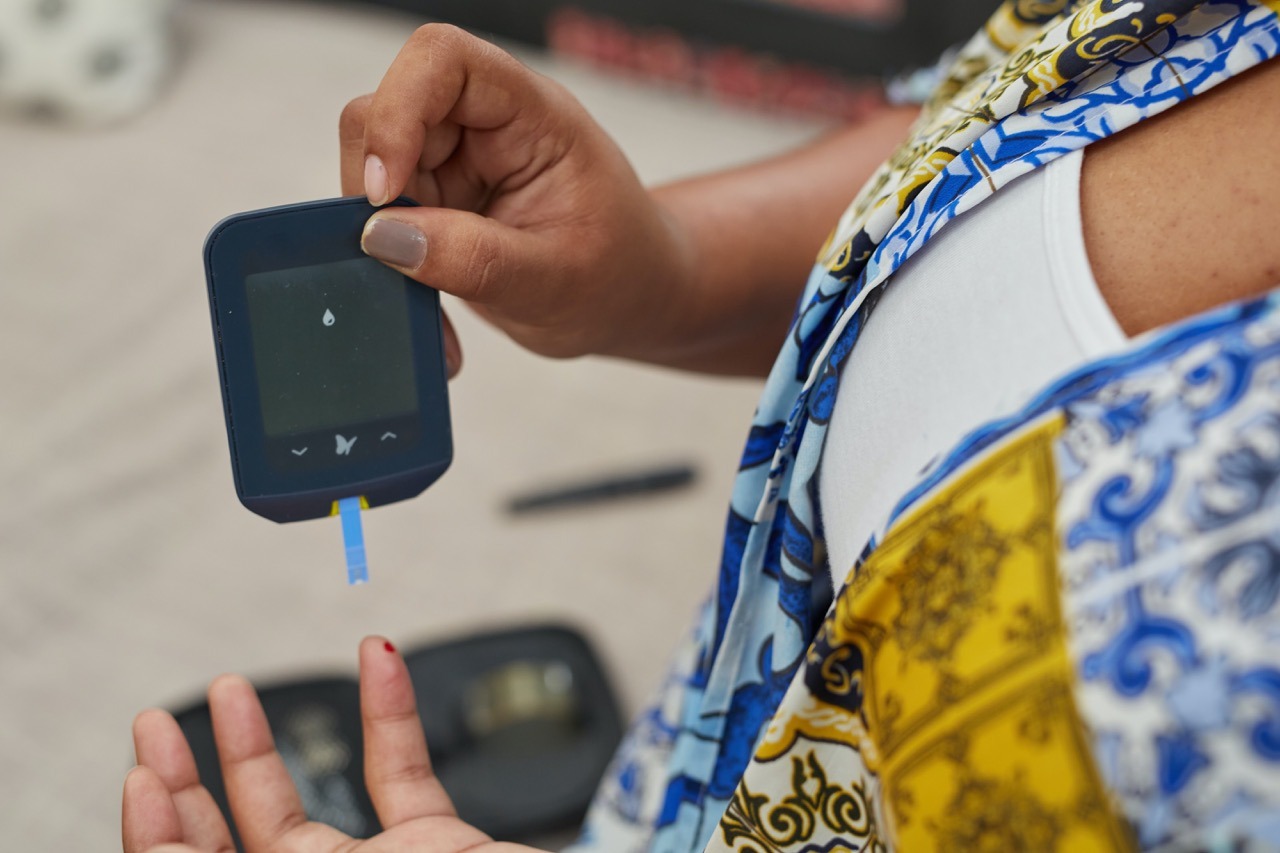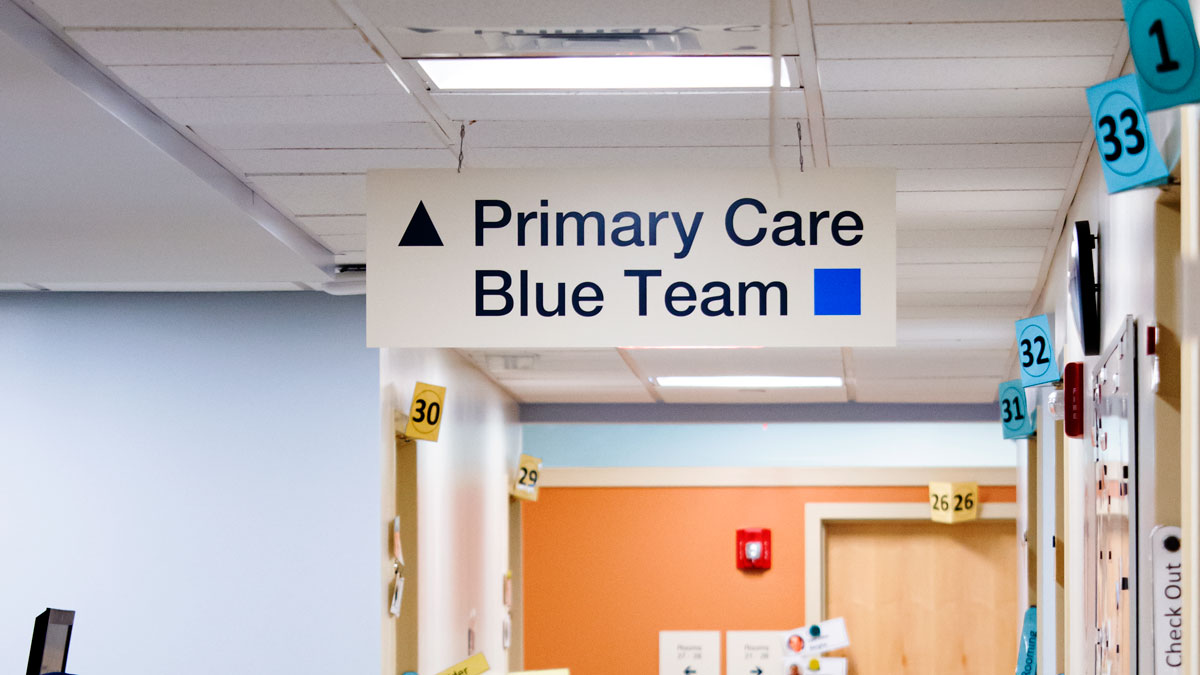Social determinants of health (SDOH) play a critical role in the quality, cost, and immediacy of healthcare.
This is especially true when a patient has a chronic condition that needs to be managed.
Fortunately, healthcare providers like Lynn Community Health Center (LCHC) continue to design programs, services, and long-term solutions that address chronic condition care. Social determinants are influential factors that we consider when we propose real-world solutions for our patients, and LCHC experts understand that these factors are often misunderstood.
What are social determinants of health, and how do they impact healthcare for chronic care patients?


What are Social Determinants of Health?
Organizations like the World Health Organization (WHO) and the Centers for Disease Control and Prevention (CDC) provide a broad definition of social determinants of health. The term is one part of a trio of concepts presented by the U.S. Department of Health and Human Services in its Healthy People 2030 initiative.
“Healthy People 2030 sets data-driven national objectives to improve health and well-being over the next decade,” the initiative explains.
It goes on to highlight three focus areas:
- Social determinants of health
- Health equity
- Health literacy
Together, these pillars form the foundation upon which healthcare organizations like LCHC can build comprehensive, effective care models.
The CDC’s description of social determinants of health explains the basics of the concept:
“Social determinants of health are the nonmedical factors that influence health outcomes. They are the conditions in which people are born, grow up, work, live, and age, plus the wider set of forces and systems that shape the conditions of daily life. These forces and systems include economic policies and systems, development agendas, social norms, social policies, racism, climate change, and political systems.”
Common Social Determinants of Health
Social determinants of health are the social, economic, and environmental factors that influence an individual’s health and well-being. It’s important to recognize common SDOH influences in order to provide quality care solutions.
Common social determinants of health include but are not limited to:
- Gender: An individual’s gender can influence health outcomes. Women often experience different health challenges and needs than men and vice versa.
- Race and ethnicity: Racial and ethnic minorities often experience higher rates of chronic diseases, which lead to a lower life expectancy. This is due to factors like discrimination, poverty, and limited access to healthcare.
- Culture and language: Cultural challenges like language barriers can make it difficult for individuals to get information about healthcare or communicate with their healthcare providers.
- Education: Education and literacy—and the lack of both—are associated with better (or worse) health outcomes and life expectancy.
- Socioeconomic status: Socioeconomic status includes factors like income, education, and occupation. These can affect an individual’s access to resources like safe housing, healthy food, and quality healthcare.
- Health behaviors: Individual behaviors like smoking, alcohol use, and physical activity are often influenced by social determinants like social norms, education, or income.
- Physical environment: Access to safe housing, green spaces, clean air, and other physical environment benefits can impact positive health outcomes.
- Working conditions: Employment status, job security, and working conditions will impact an individual’s health. Poor working conditions are often associated with poorer health outcomes.
- Social support networks: Family, friends, and community support provide a sense of belonging, motivate non-harmful stress reduction, and encourage healthy behaviors.
- Access to healthcare: Access to healthcare services—including primary care, specialist care, and preventive services—have a strong effect on health outcomes.
Again, these are not the only social determinants of health, but they are a patchwork of the most common SDOH factors that healthcare providers like LCHC need to navigate when they provide care for chronic conditions.


LCHC Navigates SDOH Challenges to Provide Quality Chronic Condition Care
Lynn Community Health Center provides several programs and services that address factors like social determinants of health. Many of these programs, services, and specialists are used by our patients to help create care plans that provide long-term solutions for chronic conditions.
LCHC focuses on proven real-world resolutions that directly target SDOH elements known to impact quality of care for our chronic-condition patients.
Our chronic-condition care solutions include but are not limited to:
- Behavioral health services
- Addiction (SUD) treatment
- Hard reduction & support services
- Geriatric care
- LGBTQIA+ healthcare
- Teen health clinics
- School-based health centers
- Recuperative care for homeless individuals
- Integrated care
LCHC is the region’s largest healthcare provider. Our 650+ healthcare professionals strive to provide quality chronic condition care that minimizes the health impact of common SDOH factors.
Lynn Community Health Center creates a plan for every patient. Want to learn more about how we can help alleviate your chronic condition challenges? Contact us today!
Workplace Supported Recovery
Also, workplace support is vital to SUD recovery—so much so that the Centers for Disease Control and Prevention (CDC) makes a point to single out workplace-supported recovery in light of an ongoing drug addiction crisis. The CDC makes it clear that it is important to recognize the significant role that employment and employers have in a person’s recovery efforts.
Things like positive work conditions are ideal for addiction recovery. These include
- fair treatment and rewards
- meaningful work
- social support from coworkers and supervisors
- workplace social control
- high task interdependence
- direct contact with coworkers and the public
- organizational support—the view that employees make valuable contributions and warrant time and resources to develop skills
Remember, there is no one-size-fits-all recovery solution. Social support systems come in all shapes, sizes, and sorts, which is why it’s beneficial to include a number of them when dealing with substance abuse.

LCHC is Your SUD Social Support Partner
It’s difficult to watch someone suffer through substance use disorder, and it’s important to realize that SUD and OUD are real, treatable medical conditions.
We understand that recovery is easier when you have a healthcare partner to help create your social support network.
Know someone suffering with SUD/OUD who needs help? Want to find out more about community resources that can aid in the recovery journey? Reach out to LCHC support professionals today!







 massmonopoly
massmonopoly Find A Doctor
Find A Doctor Urgent Care
Urgent Care Request Appointment
Request Appointment